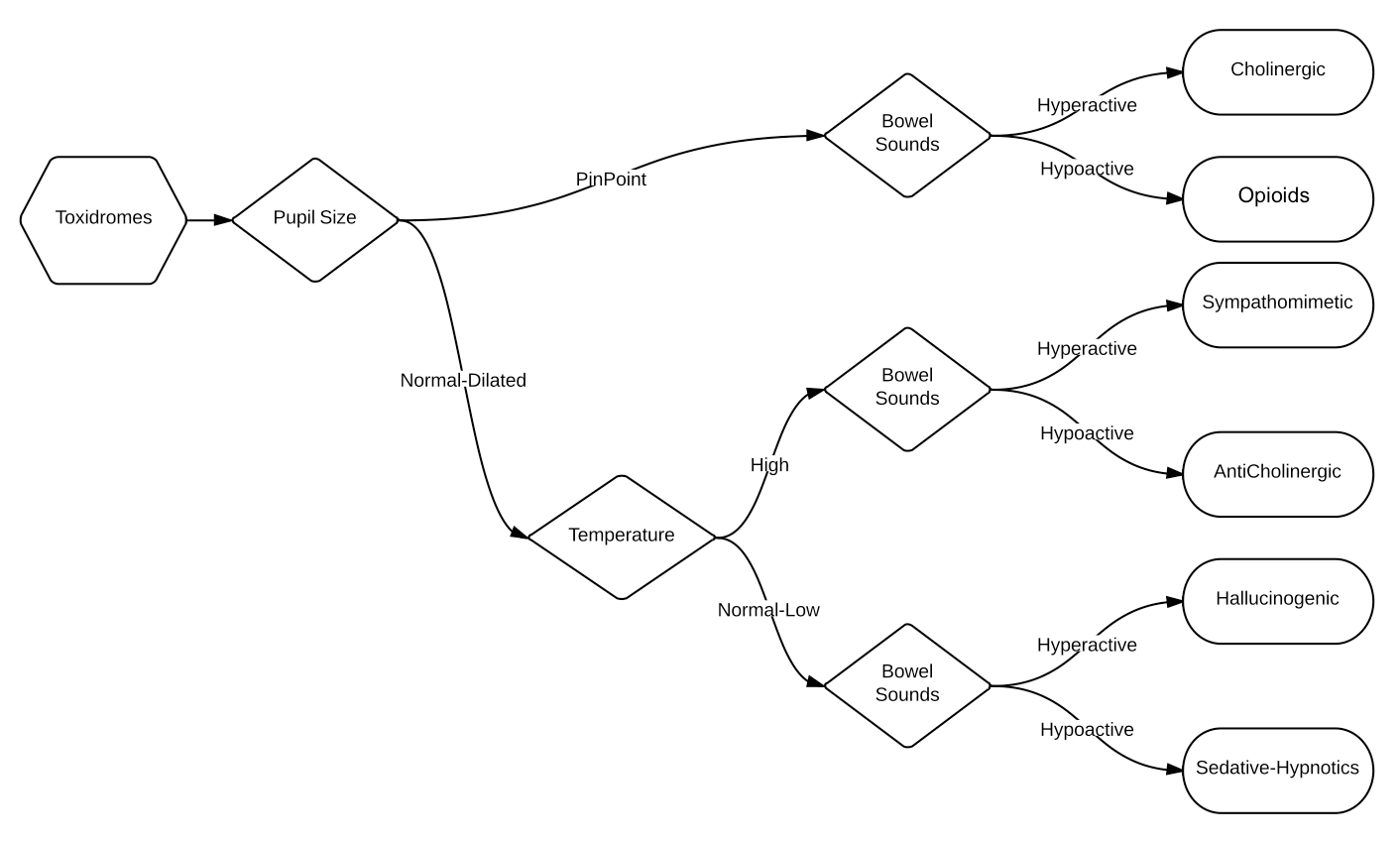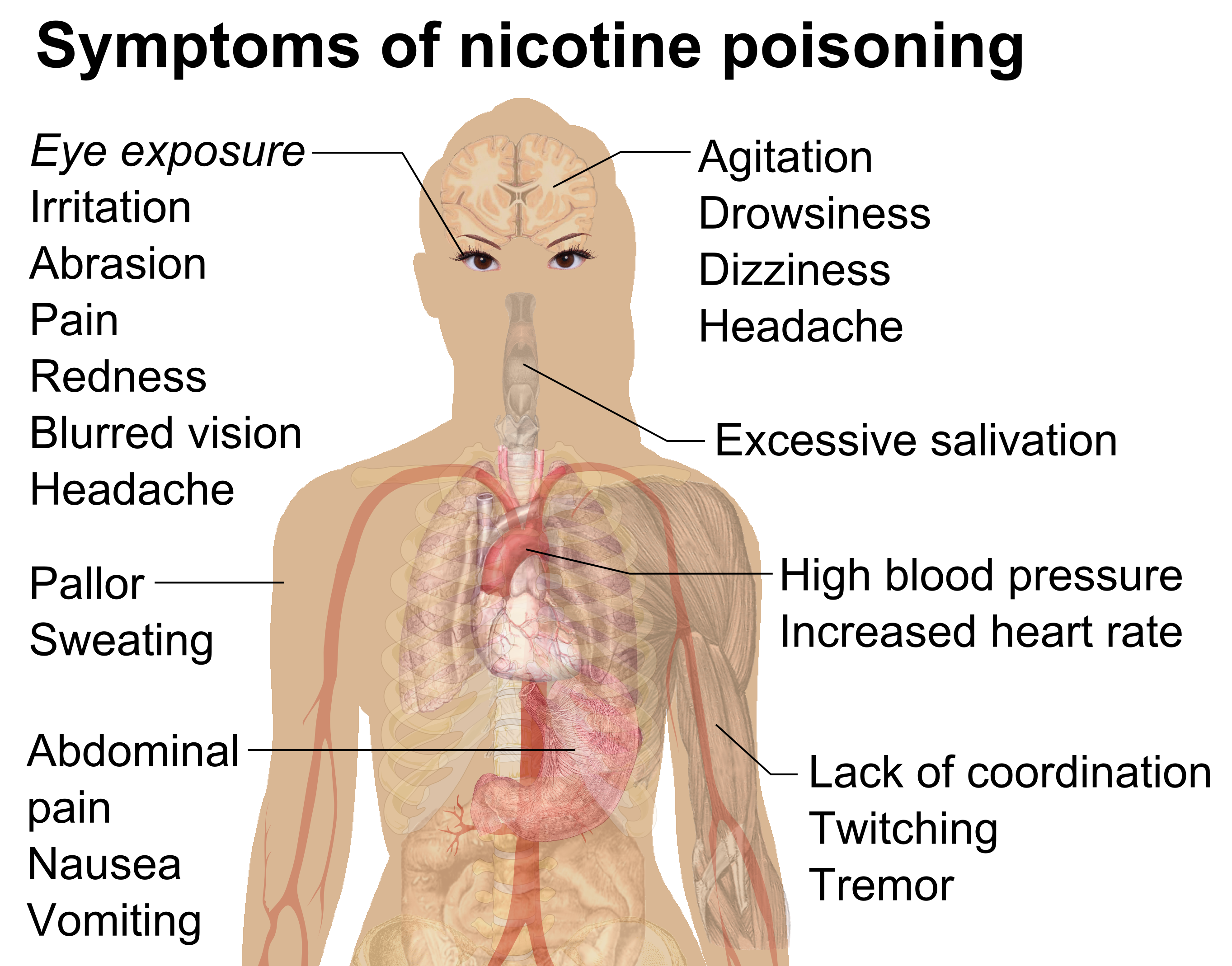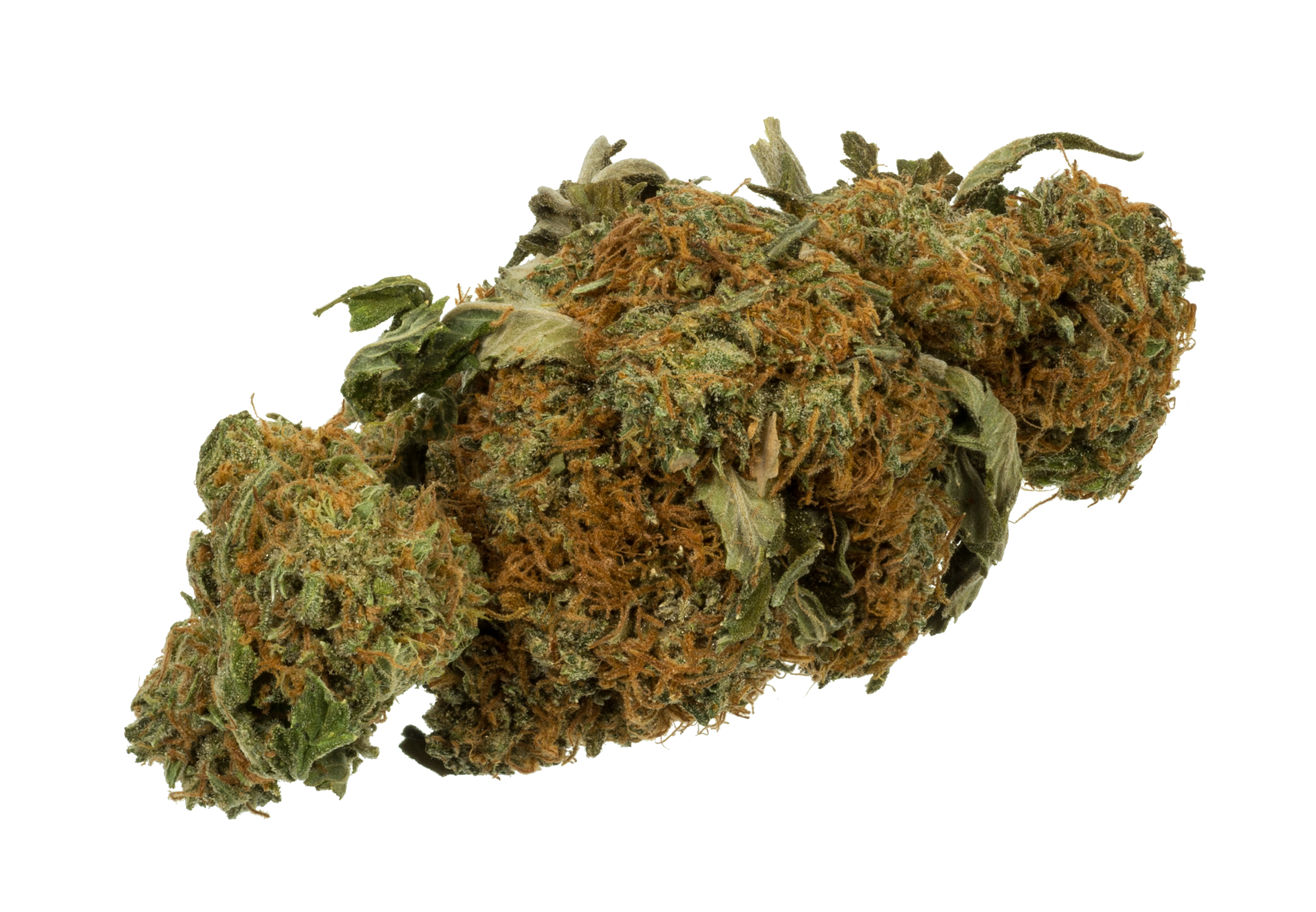|
Intoxication (other)
Intoxication — or poisoning, especially by an alcoholic or narcotic substance — may refer to: * Substance intoxication: ** Alcohol intoxication ** LSD intoxication ** Toxidrome ** Tobacco intoxication ** Cannabis intoxication ** Cocaine intoxication ** ** ** Water intoxication ** Drug overdose ** * ''Intoxication'' (film), a 1919 German film directed by Ernst Lubitsch * ''Intoxication'' (Shaggy album) * ''Intoxication'' (The Habibis album), 1998 * "Intoxication", a song by Disturbed from ''Believe'' * "Intoxication", a single by Shriekback from their ''Go Bang! ''Go Bang!'' is the sixth studio album by the English rock band Shriekback, released in 1988. It produced a significant number of ''Billboard'' modern rock hits, including "Get Down Tonight," "Intoxication," and "Shark Walk". Released after the d ...'' album See also * Intoxicated (other) * {{disambiguation ... [...More Info...] [...Related Items...] OR: [Wikipedia] [Google] [Baidu] |
Poisoning
Poisoning is the harmful effect which occurs when Toxicity, toxic substances are introduced into the body. The term "poisoning" is a derivative of poison, a term describing any chemical substance that may harm or kill a living organism upon ingestion. Poisoning can be brought on by swallowing, inhaling, injecting or absorbing toxins through the skin. Toxicology is the practice and study of symptoms, mechanisms, diagnoses, and treatments correlated to poisoning. Levels of Exposure When a living organism is introduced to a poison, the Signs and symptoms, symptoms that follow successful contact develop in Dose–response relationship, close relation to the degree of exposure. Acute exposure Acute toxicity, Acute toxicity/poisoning consists of a living organism being harmfully exposed to poison once or more times during a brief period, with symptoms manifesting within 14 days since administration. Chronic exposure Chronic toxicity, Chronic toxicity/poisoning involves a li ... [...More Info...] [...Related Items...] OR: [Wikipedia] [Google] [Baidu] |
Substance Intoxication
Substance intoxication is a transient condition of altered consciousness and behavior associated with recent use of a substance. It is often maladaptive and impairing, but reversible. If the symptoms are severe, the term "substance intoxication delirium" may be used. Slang terms for the state include: getting ''high'' (generic), and being ''stoned'', ''cooked'', or ''fried'' (usually in reference to cannabis). Substance intoxication may often accompany a substance use disorder (SUD); if persistent substance-related problems exist, SUD is the preferred diagnosis. The term "intoxication" in common use most often refers to alcohol intoxication, or drug addiction usually opioids consisting of an overdose; resulting in death. Classification The ICD-10 ''Mental and Behavioural Disorders due to psychoactive substance use'' shows: * F10. alcohol * F11. opioids * F12. cannabinoids * F13. sedatives and hypnotics * F14. cocaine * F15. caffeine * F16. hallucinogens * F17. t ... [...More Info...] [...Related Items...] OR: [Wikipedia] [Google] [Baidu] |
Alcohol Intoxication
Alcohol intoxication, commonly described in higher doses as drunkenness or inebriation, and known in overdose as alcohol poisoning, is the behavior and physical effects caused by recent consumption of Alcohol (drug), alcohol. The technical term ''intoxication'' in common speech may suggest that a large amount of alcohol has been consumed, leading to accompanying physical symptoms and deleterious health effects. Mild intoxication is mostly referred to by slang terms such as ''tipsy'' or ''buzzed''. In addition to the toxicity of ethanol, the main Psychoactive drug, psychoactive component of alcoholic beverages, other physiological symptoms may arise from the activity of acetaldehyde, a metabolite of alcohol. These effects may not arise until hours after ingestion and may contribute to a condition colloquially known as a hangover. Symptoms of Substance intoxication, intoxication at lower doses may include mild sedation and poor coordination. At higher doses, there may be slurred ... [...More Info...] [...Related Items...] OR: [Wikipedia] [Google] [Baidu] |
Lysergic Acid Diethylamide
Lysergic acid diethylamide, commonly known as LSD (from German ; often referred to as acid or lucy), is a Semisynthesis, semisynthetic, Hallucinogen, hallucinogenic compound derived from ergot, known for its powerful psychological effects and Serotonin, serotonergic activity. It was historically significant in psychiatry and 1960s counterculture; it is currently legally restricted but experiencing renewed scientific interest and increasing use. When taken orally, LSD has an onset of action within 0.4 to 1.0 hours (range: 0.1–1.8 hours) and a duration of effect lasting 7 to 12 hours (range: 4–22 hours). It is commonly administered via tabs of Blotting paper, blotter paper. LSD is extremely potent, with noticeable effects at doses as low as 20 Microgram, micrograms and is sometimes taken in much smaller amounts for microdosing. Yet no fatal human overdoses have been documented. LSD is mainly used recreationally or for spiritual purposes. LSD can cause mystical experiences. ... [...More Info...] [...Related Items...] OR: [Wikipedia] [Google] [Baidu] |
Toxidrome
A toxidrome (a portmanteau of ''toxic'' and ''syndrome'', coined in 1970 by Mofenson and Greensher) is a syndrome caused by a dangerous level of toxins in the body. It is often the consequence of a drug overdose. Common symptoms include dizziness, disorientation, nausea, vomiting and oscillopsia. It may indicate a medical emergency requiring treatment at a poison control center. Aside from poisoning, a systemic infection may also lead to one. Classic toxidromes may be variable or obscured by co-ingestion of multiple drugs. A common tool for assessing for the presence of toxidrome in the United Kingdom is the CRESS tool. Anticholinergic The symptoms of an anticholinergic toxidrome include blurred vision, coma, decreased bowel sounds, delirium, dry skin, fever, Flushing (physiology), flushing, hallucinations, ileus, memory loss, mydriasis (dilated pupils), myoclonus, psychosis, seizures and urinary retention. Complication (medicine), Complications include hypertension, hypertherm ... [...More Info...] [...Related Items...] OR: [Wikipedia] [Google] [Baidu] |
Nicotine Poisoning
Nicotine poisoning describes the symptoms of the toxic effects of nicotine following ingestion, inhalation, or skin contact. Nicotine poisoning can potentially be deadly, though serious or fatal overdoses are rare. Historically, most cases of nicotine poisoning have been the result of use of nicotine as an insecticide. More recent cases of poisoning typically appear to be in the form of Green Tobacco Sickness, or due to unintended ingestion of tobacco or tobacco products or consumption of nicotine-containing plants. Standard textbooks, databases, and safety sheets consistently state that the lethal dose of nicotine for adults is 60 mg or less (30–60 mg), but there is overwhelming data indicating that more than 500 mg of oral nicotine is required to kill an adult. Children may become ill following ingestion of one cigarette; ingestion of more than this may cause a child to become severely ill. The nicotine in the e-liquid of an electronic cigarette can be hazardou ... [...More Info...] [...Related Items...] OR: [Wikipedia] [Google] [Baidu] |
Effects Of Cannabis
The short-term effects of cannabis are caused by many chemical compounds in the Cannabis, cannabis plant, including 113 different cannabinoids, such as tetrahydrocannabinol, and 120 terpenes, which allow Cannabis (drug), its drug to have various psychology, psychological and physiology, physiological effects on the human body. Different plants of the genus Cannabis contain different and often unpredictable concentrations of THC and other cannabinoids and hundreds of other molecules that have a pharmacological effect, so the final net effect cannot reliably be foreseen. Acute effects while under the influence can sometimes include euphoria or anxiety. Background and chronic use In the United States, medical cannabis research is limited by federal restrictions. Cannabis use disorder is defined as a medical diagnosis in the fifth revision of the Diagnostic and Statistical Manual of Mental Disorders (DSM-5). Chemistry Cannabinoids and cannabinoid receptors The most preva ... [...More Info...] [...Related Items...] OR: [Wikipedia] [Google] [Baidu] |
Cocaine Intoxication
Cocaine intoxication refers to the subjective, desired and adverse effects of cocaine on the mind and behavior of users. Both self-induced and involuntary cocaine intoxication have medical and legal implications (even in absence of relevant adverse effects). Adverse effects can develop over time due to repeated use and so become chronic conditions. However, even a one-time intake of the substance can result in severe acute intoxication. Recurrent cocaine use and dependence to the drug inevitably leads to the reduction of the desired effects perceived by the users, while the occurrence of adverse effects of intoxication increase. The last can sometimes be completely reversed without bearing consequences but they can also potentially kill the users (e.g., in cases of untreated or non-manageable overdoses). Signs and symptoms Cocaine increases alertness, feelings of well-being, euphoria, energy, sociability, and sexuality. The former are some of the desired effects of cocaine intox ... [...More Info...] [...Related Items...] OR: [Wikipedia] [Google] [Baidu] |
Water Intoxication
Water intoxication, also known as water poisoning, hyperhydration, overhydration, or water toxemia, is a potentially fatal disturbance in brain functions that can result when the normal balance of electrolytes in the body is pushed outside safe limits by excessive water intake. Under normal circumstances, accidentally consuming too much water is exceptionally rare. Most deaths related to water intoxication in healthy individuals have resulted either from water-drinking competition, contests, in which individuals attempt to consume large amounts of water, or from long bouts of exercise during which excessive amounts of fluid were consumed. In addition, water cure (torture), water cure, a method of torture in which the victim is forced to consume excessive amounts of water, can cause water intoxication. Water, like any other substance, can be considered a poison when over-consumed in a brief period. Water intoxication mostly occurs when water is being consumed in a high quantity p ... [...More Info...] [...Related Items...] OR: [Wikipedia] [Google] [Baidu] |
Drug Overdose
A drug overdose (overdose or OD) is the ingestion or application of a drug or other substance in quantities much greater than are recommended. Retrieved on September 20, 2014."Stairway to Recovery: Glossary of Terms" . Retrieved on March 19, 2021 Typically the term is applied for cases when a risk to health is a potential result. An overdose may result in a toxicity, toxic state or death. Classification The word "overdose" implies that there is a common safe dosage and usage for the drug; therefore, the term is commonly applied only to drugs, not poisons, even though many poisons as well are harmless at a low enough dosage. Drug overdose is sometimes used as a means to commit suicide, as the result of intentional or unintentional misuse of medi ...[...More Info...] [...Related Items...] OR: [Wikipedia] [Google] [Baidu] |
Intoxication (film)
''Intoxication'' (German: ''Rausch'') is a 1919 German silent drama film directed by Ernst Lubitsch and starring Asta Nielsen, Alfred Abel and Karl Meinhardt. It was based on the play '' Brott och brott'' (''There are crimes and crimes'') by August Strindberg, which was later remade as the 1928 film ''Sin''. Lubitsch was loaned out by UFA to the smaller Argus-Film for the production. Only a 13-minute fragment of the film, kept in Bundesarchive in Germany, is known to have survived. Plot Gaston finally succeeds as a dramatist and decides to leave his wife and child for another woman. When the child dies, the finger is pointed at him, and he winds up as a destitute before all is revealed. Cast * Asta Nielsen as Henriette Mauclerc * Alfred Abel as Gaston, ein Schriftsteller * Karl Meinhardt as Adolph * Grete Diercks as Jeanne * Rudolf Klein-Rhoden as Untersuchungsrichter * Frida Richard as Haushälterin * Marga Köhler as Henriettes Mutter * Sophie Pagay Sophie B ... [...More Info...] [...Related Items...] OR: [Wikipedia] [Google] [Baidu] |
Intoxication (Shaggy Album)
''Intoxication'' is the eighth studio album by Jamaican rapper Shaggy. It was released on 22 October 2007 through VP Records. Recording sessions took place at Big Yard Studios and Ranch Studio in New York, Jungle Studio and Judgement Yard Studio in Jamaica, The House and Circle House Studios in Florida. Production was handled by Sting Int'l, Tony "CD" Kelly, Christopher "Longman" Birch, Robert Livingston, Dwayne Shippy and Goldenchyl. It features guest appearances from Na'sha, Akon, Collie Buddz, Mischieve, Rayvon, Rik Rok, Sizzla and Tony Gold. The album did not received major chart success, only reaching number 82 in France, number 95 in Switzerland, number 30 on the UK Independent Albums and atop of the US ''Billboard'' Reggae Albums charts. It was re-issued in September 2008 to include additional tracks, remixes and music videos. Four singles were released from the album: " Church Heathen", " Bonafide Girl", "Feel the Rush", the official single for UEFA Euro 2008 (which only ... [...More Info...] [...Related Items...] OR: [Wikipedia] [Google] [Baidu] |







